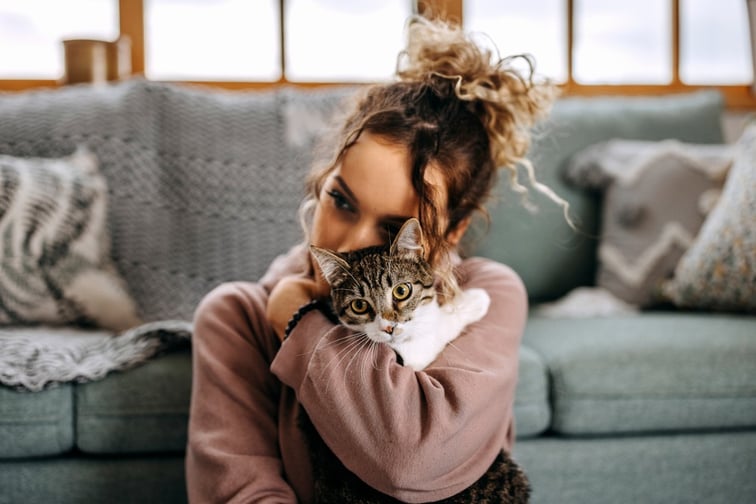

A newly released study by HCF sheds light on a growing concern among pet owners nationwide over the financial impact of pet healthcare.
According to the findings, an eye-catching four out of five, or 80%, of Australian pet owners reported anxiety over the costs associated with maintaining the health of their pets. This concern cuts across age groups, affecting owners from the Gen Z to Baby Boomer demographics, with reported yearly expenses reaching approximately $1,715 for cat owners and $3,218 for dog owners.
Veterinarian and pet care expert Dr Katrina Warren pointed to aging pets and the uptick in treatment costs as key factors driving these expenses upward, making it increasingly challenging for pet owners to cope.
Supporting this, PetSure’s data indicated that over the past year, the rate at which pet healthcare expenses have risen significantly surpasses the general inflation rate affecting the broader economy. Notably, the cost of addressing common pet health issues like arthritis has surged by over 50%.
“Pet parents want to ensure their dog or cat receives the best possible care, but rapidly increasing vet costs can leave them with some difficult decisions to make,” Warren said.
PetSure’s research further illustrated the financial strain on pet owners, with many finding it difficult to cover unexpected healthcare costs exceeding $3,000. The Pet Health Monitor 2023 Report highlighted the high costs associated with treatments for conditions such as snake bites in cats, which can vary from $2,200 to $10,000, and skin allergies in dogs, costing between $520 and $17,400.
Despite these financial challenges, the importance of pet insurance is underscored as a vital resource for managing unforeseen expenses.
HCF COO Lorraine Thomas emphasised the advantage of services like GapOnly, which reduces the burden of immediate out-of-pocket expenses by allowing pet owners to pay only the remaining balance at participating veterinary clinics.
“Pet insurance can play a role in helping to support you with unexpected costs,” she said.
The survey also emphasised the commitment of Australian pet owners to their pets’ welfare, with 97% asserting their dedication to supporting their pets’ health and well-being.
In response to rising costs, a majority of owners are exploring or have implemented strategies to economise, including bulk buying of pet supplies, at-home grooming, and reducing personal expenditures on activities like dining out.
Warren suggests practical tips for pet owners seeking to maintain their pets’ health without overspending. Recommendations include investing in bulk pet supplies, not skipping regular vet checkups to catch potential health issues early, monitoring pet weight, and adhering to a balanced diet and exercise regimen. Pet insurance, particularly for younger pets, is advised as a precautionary measure.
